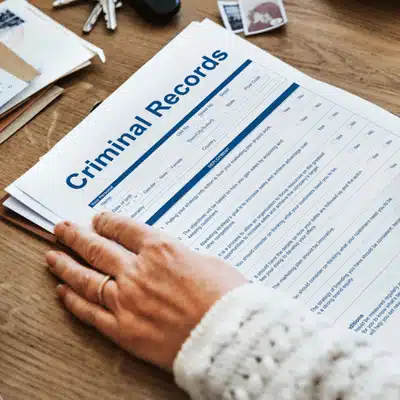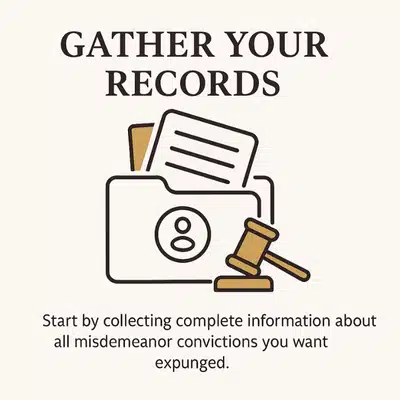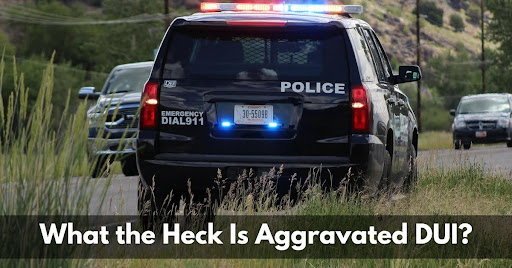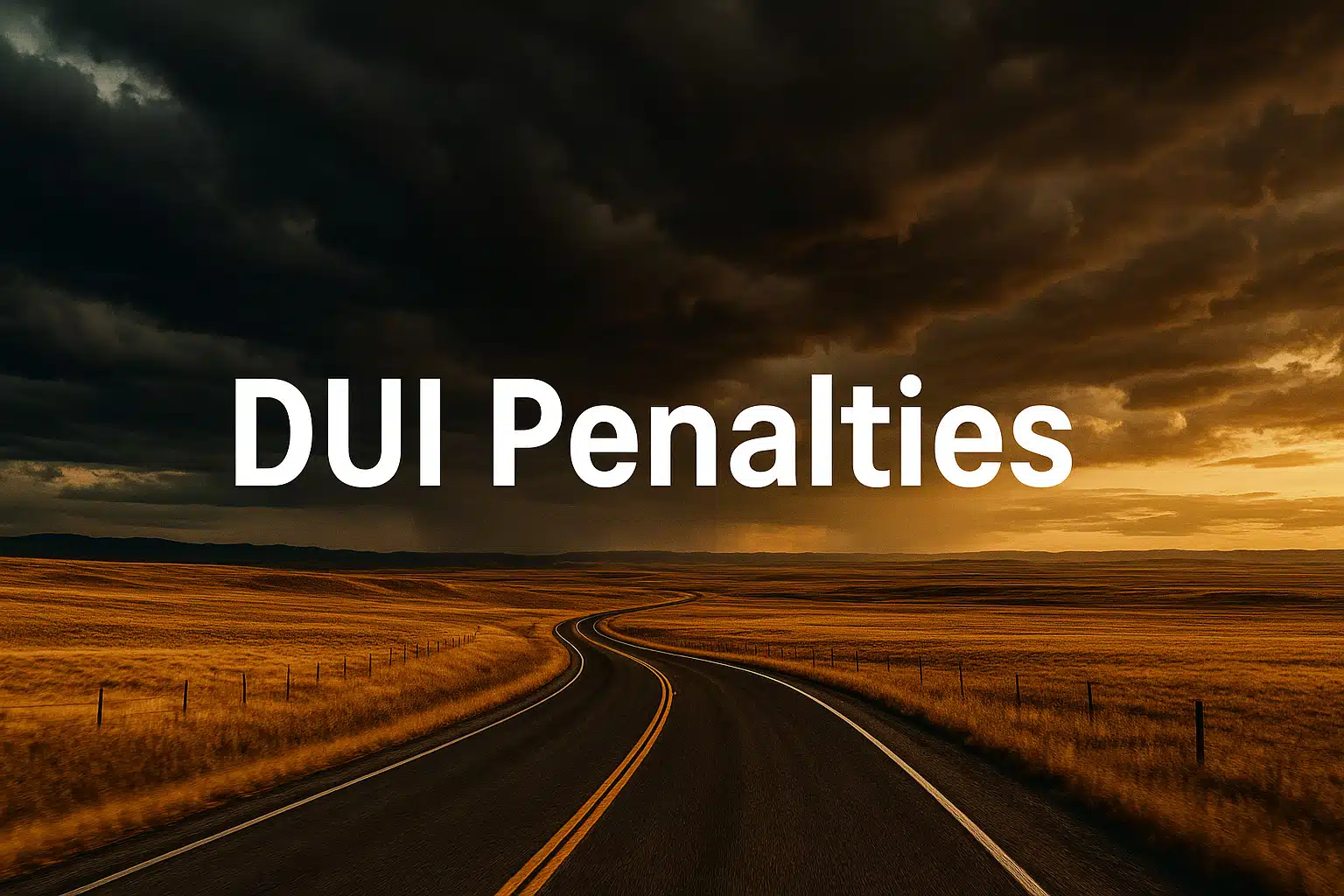Getting a second chance begins with knowing your options. Expungement Montana statutes let an eligible person erase a criminal record that blocks jobs and housing. Under the 2019 misdemeanor expungement law, an offender who finishes every mandatory sentence, settles all financial obligations, and keeps a clean slate for years may petition to have the record expunged and permanently sealed from public view. The court also orders statewide databases to mark the same criminal record as sealed, so routine checks cannot reveal it.
The petition must be filed in the county where the person resides and served on prosecutors. If approved, the clerk updates every relevant criminal record entry, ensuring the record expunged status reaches background agencies. The Montana Legal Services Association offers plain-language guides, and the same Montana Legal Services Association supplies forms for misdemeanor expungement petitions. Reviewing these resources helps you confirm eligibility, prepare evidence, and move forward with confidence that your criminal record can finally be sealed.
Understanding Expungement in Montana
Expungement in Montana means sealing or erasing your criminal record so past misdemeanor convictions no longer appear on routine background checks. When you have your record expunged, employers, landlords, and schools cannot see those old convictions during standard screening processes, giving you a fresh start.
The Montana Legislature created broad misdemeanor expungement options in 2017, with reforms in 2019 and 2021 further widening public access to relief. Today, a person with misdemeanor convictions may file in the district court where the arrest occurred. The appeal must list all misdemeanor records, an affidavit of the individual’s fingerprints, and proof every obligation was satisfied. The judge then sets a hearing, and prosecutors can respond.
If the petition is granted, the district court issues an order declaring the record expunged. Conviction data is removed from public databases, dockets are sealed, and law-enforcement agencies update each criminal record so no future search shows the offender was convicted. After the second criminal record entry is cleared, you may honestly answer “no” about that offense on applications, confident the system will not show you were ever convicted.
What Records Can Be Expunged

Montana allows misdemeanor expungement for most offenses, including theft, assault, DUI, and drug possession. Any misdemeanor may be cleared if you meet the statutory criteria, and Montana law lets you appeal the district court for one all-inclusive misdemeanor expungement in your lifetime.
If the appeal is granted, the resulting district court order directs clerks to mark the record expunged, makes related court records and dockets sealed, and instructs criminal justice agencies to update every linked criminal record so routine background checks no longer reveal the convictions. That creates a true fresh start while preserving internal access for law-enforcement and justice officials.
Felonies usually cannot be cleared, but the 2021 Marijuana Regulation and Taxation Act created a separate legal process for cannabis-related felonies. A marijuana conviction expungement is handled outside the one-time misdemeanor expungement rule, so pursuing it will not use up your lifetime opportunity.
Because Montana’s statutes only govern in-state cases, out-of-state or federal charges remain on the record unless you seek relief in those jurisdictions. Once a Montana expungement is sealed, your updated criminal record no longer lists you as convicted, yet essential justice systems retain a nonpublic copy for reference.
Eligibility Requirements
Meeting Montana’s eligibility requirements is essential before filing your appeal. The law sets clear standards that every applicant must satisfy.
Five Year Waiting Period

At least half a decade must pass since you completed all terms of your sentence. This includes serving jail time, finishing probation, paying all fines and restitution, and completing any court ordered treatment programs. The clock starts after you fully satisfy every obligation from your conviction. Consult Montana Legal Services Association to verify misdemeanor expungement eligibility and the overall expungement process. If the court grants misdemeanor expungement, the offense is expunged, court records expunged, agency files expunged, judgment expunged, and the record expunged and sealed, leaving the expunged status sealed from public view. The order can clear marijuana felonies and misdemeanor offenses.
Clean Record Requirement
You cannot have been convicted of any new offense during the waiting period. This rule covers sentences entered in other states or federal court, as well as Montana. You also cannot have pending charges when you apply for misdemeanor expungement. The statute demands that a person show five consecutive years without legal trouble to be eligible. According to Montana Legal Services Association guides, even marijuana related felonies must meet the clean-record requirement before they can be expunged. If the court agrees, the judgment is expunged, the docket is expunged, and public databases are expunged, fully clearing your name.
One Time Use Only
Montana law allows only one misdemeanor expungement per lifetime. Whether you expunge one sentence or bundle several at once, you cannot seek another expungement later, so the appeal must list every qualifying conviction. Resources from the Montana Legal Services Association explain how to gather complete records and avoid leaving an offense behind.
Military Exception
Active duty service members and those applying to join the armed forces or National Guard may qualify for expedited processing. If a prior conviction blocks military service or advancement, the court may waive the waiting requirement to remove barriers to service. Service personnel become eligible to ask that their misdemeanor records be reviewed ahead of schedule, allowing qualifying misdemeanor convictions to be cleared before enlistment or promotion paperwork is finalized.
Special Considerations for Serious Misdemeanors
While most misdemeanors qualify for presumed approval, certain offenses require additional court review. These include assault, domestic violence, stalking, protective order violations, DUI, and sexual assault misdemeanors. For these sentences, the court considers relevant factors like your age at the time, evidence of rehabilitation, and likelihood of reoffending before deciding.
The Expungement Process Step by Step
Successfully clearing your record requires careful attention to procedures and deadlines. Here’s what to expect during the expungement process.

Gather Your Records
Start by collecting complete information about all misdemeanor convictions you want expunged. Request an official criminal history from the Montana Department of Justice, Identification Services Section. Search Montana’s public access court databases for any additional cases. Contact the court clerk where each sentence occurred to obtain judgment documents.
Complete Required Forms
Montana has specific forms for expungement appeals. The Montana Legal Services Association provides a free expungement form packet with all required documents and detailed instructions. You must file in district court for a county where at least one conviction occurred. The appeal lists each conviction and confirms you meet eligibility standards.
File Your Petition
Submit your completed petition and supporting documents to the district court clerk. Expect to pay a filing fee around $100, though you can request a waiver if you cannot afford the cost. The clerk assigns a case number and provides file-stamped copies for your records.
Notify the Prosecutor’s Office
Montana law requires notifying the prosecutor’s office that handled each conviction. Send file-stamped copies of your petition to every relevant county attorney or city attorney office. Proper notification allows prosecutors to review your request and raise any objections.
Victim Notification Period
After receiving your appeal, prosecutors must attempt to notify potential victims within 14 days. Victims have the right to know about your expungement request and can respond with concerns. Prosecutors have 21 days to file formal objections if they believe expungement would threaten public safety.
Court Review and Decision
Many straightforward appeals are approved without court hearings based on the written documents alone. However, if prosecutors or victims object, the judge may schedule a hearing. At any hearing, focus on demonstrating rehabilitation and explaining how expungement would help you contribute positively to society.
Finalizing the Expungement
If granted, the court issues an expungement order listing the cleared convictions. You must then distribute copies to all relevant agencies including arresting officers, prosecutors, and court clerks. Additionally, you must get fingerprinted again and submit a fingerprint card along with your court order to the Montana Department’s Identification Services Section to update state databases.
Benefits of Clearing Your Record
Expungement provides immediate relief from the barriers that criminal records create. Once your record is expunged, background checks for employment should come back clean. You no longer need to explain old mistakes to potential employers or worry about losing job opportunities due to past convictions.
Housing becomes more accessible when landlords cannot see prior convictions during screening. Professional licenses and certifications that require clean backgrounds may become available. College admissions and financial aid applications benefit from sealed records.
Military service opportunities open up for those with cleared records. Since many positions require security clearances or clean backgrounds, expungement can be essential for joining the armed forces or advancing in military careers.
The psychological benefits are equally important. Living without the constant worry that someone might discover your record provides genuine peace of mind. You can participate fully in community activities, volunteer work, and social situations without fear of judgment about your past.
Getting Professional Help

While you can handle expungement petitions yourself using forms from the Montana Legal Services Association, many people benefit from professional guidance. MLSA offers free expungement clinics in cities like Bozeman to help residents navigate the process. Their legal aid attorneys can review your paperwork and answer questions about eligibility.
Experienced criminal defense attorneys who handle expungements can ensure your petition is properly prepared and filed. They understand what evidence of rehabilitation courts find most compelling and can represent you at hearings if needed. Since you only get one opportunity for expungement, having professional help can be worth the investment.
Look for attorneys who regularly handle expungement cases and understand Montana’s specific requirements. They can guide you through potential complications and make sure you complete all post-expungement steps correctly.
Take Action to Clear Your Record
If you have old misdemeanor convictions holding you back, Montana’s expungement law offers a genuine opportunity for a fresh start. The process requires patience and attention to detail, but the benefits are substantial. A clean criminal record opens doors to better employment, housing, education, and personal opportunities.
Start by reviewing your criminal history and calculating whether you meet the five year requirement. Gather all relevant documents and consider whether you need professional help with your petition. The sooner you begin, the sooner you can put past mistakes behind you and focus on building the future you want.
Don’t let old convictions continue limiting your potential. Contact an experienced Montana expungement attorney today to discuss your options and take the first step toward clearing your record. Your fresh start is waiting.









